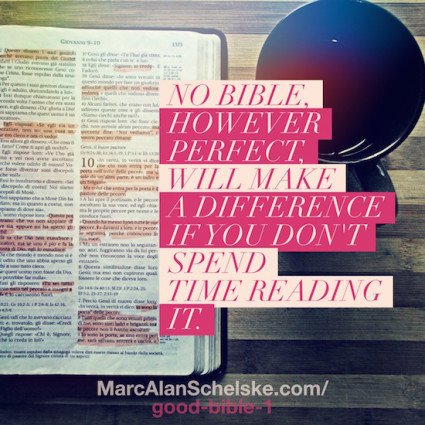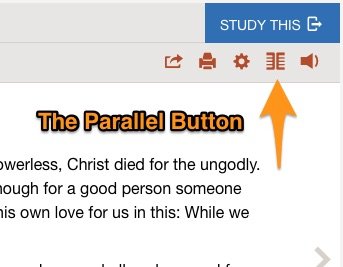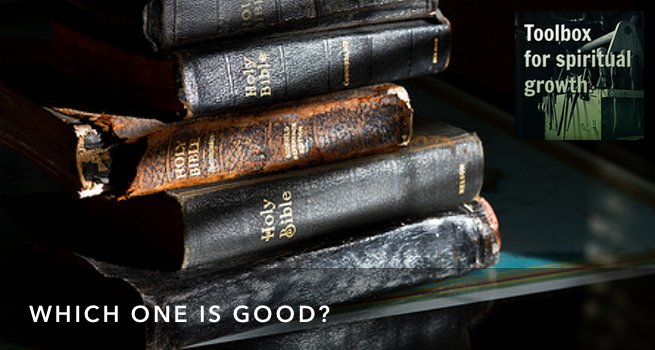7 min. to read.
I’m a follower of Jesus. My own journey (and what I teach) is shaped by my experience with the Bible, as influenced by Christian theology and spirituality. Over the years this has narrowed like a laser to one focal point: Jesus.
I purpose to be not just a believer, but an apprentice of Jesus. Saved by Jesus? Yes. But there’s more! As apprentices to Jesus we learn how to see God, ourselves, and all of life through the lens of Jesus. We learn from his teachings, his actions, his relationships, and even in a mysterious way, from his current presence through the Holy Spirit.
Jesus is the one who teaches us what we need to know, bringing freedom and purpose. But like a kite, without the tether of the kite string, this flying freedom can quickly crash as the winds of circumstance, personality, and self-justification blow us in every direction.
The kite string that allows our flight is the Bible.
The Bible connects us to the story of God working through people for the past 4000 years. It provides the creative tension that keeps us moving, examining, growing. It anchors us to the historic life of Jesus, the things he said, and the community that sprang into existance around him. When we come to the Bible with seeking hearts, God meets us there. Then we experience it as the living word of God. God uses this complicated and messy collection of writings to shape us and help us come to know Jesus. That makes the Bible of upmost importance in our journey.
In much of the world the Bible is ubiquitous. Some estimates say that there are over 5 billion printed copies of the thing in existence. Chances are high you’ve got one on your shelf right now. It’s possible the Bible you have is precious to you, underlined and full of notes. It’s also possible that the Bible on your shelf is a roadblock in your spiritual growth.
The Bible is vital. But not just any Bible. You need to have a good Bible.
(Hold on before you click out of this post… what I’m about to say is probably not what you are expecting.)
This is part 1 of a 3 part series, “How to find a good Bible.” At the end of the series, you’ll have most everything you need to pick a good Bible, a Bible that can be a precious and trusted companion on your spiritual journey.
The first thing you need is a good Bible.
That phrase probably brings up echoes in your mind, at least if you’ve spent much time in ChurchWorld.[note Andy Stanley’s term for the modern American evangelical sub-culture.] Maybe arguments with King-James-Only people come to mind. Maybe long discussions about translations and versions and which are trust-worthy. I wouldn’t fault you if the phrase “good Bible” makes you a little reactive.
So what do I mean by that? For your Bible to be a “good Bible” does it need to be a certain translation? Does it need to have certain kinds of tools and notes in it? Does it need to be a certain font or binding or color?

Nope. None of that. One thing, and one thing only, qualifies a Bible as a good bible. A good Bible is that it is the one you will actually read.
I’m not saying that translations don’t matter, or that whatever version you choose doesn’t makes a difference. We’ll talk about that in the next post.
But here’s the first and most important thing. Assume for a moment there exists a perfect translation. It doesn’t matter if the thing practically glows with Holy Spirit fire! If you aren’t reading it, none of that matters.
The first hurdle most people encounter when they start to read the Bible seriously is they just don’t understand the language. That makes sense.
The content of the Bible represents the history and spiritual journey of God’s people over four thousand years. Those words were written and collected over a span of roughly 1600 years. That process ended nearly two thousand years ago. The books in the Bible were written in languages that you probably don’t speak, in a culture that you aren’t a part of.
Not understanding the language of the Bible makes sense.
So, the starting point is always this: Find a Bible that you can comprehend.
Your Bible Comprehension Test.
How do you find this, when there are so many versions and translations?
Simple. Read some different translations and see what happens for you. If you have a number of Bibles on your shelf, you can do this at home. If you don’t have a Bible already, you can do this in two ways.
First, you can do it in person. Google “Christian Supply Store,” and find the nearest one. They will have literally hundreds of Bibles on their shelves in a variety of translations and formats. Give yourself an hour or two, and go browse.
Read a variety of passaged in the Bible side by side. I recommend checking out the three following passages in each version and see what makes the most sense to you. Two of these are complex passages. If you haven’t spent time studying them, you may not fully get your mind around them. That’s OK. Right now, just pay attention to the writing and word selection. The concept behind the words may remain complex to you, but you won’t be able to even get to the concept if you’re lost in archaic wording and vocabulary.
Second, you can do this process online. Isn’t living in the future amazing?! Head over to BibleGateway.com. Enter the above passages (or just click the links!) in the search box and select a translation. They have more options than you can shake a stick at, in English as well as other languages. Start with the New International Version. This is the most common translation today.

You can have up to 5.
Once the passage comes up, you will see an button that allows you to add a second translation side-by-side. You can have up to 5 versions in parallel like this. This will allow you to compare the passages in the different translations side-by-side.
Your first goal is simple. Pick the one that is most readable to you.
Someone’s saying, “Wait a minute, Marc. Doesn’t it matter what translation I pick?”
Yes, it does. We’ll get to that in the next post.
But first, get clear on this one thing: No Bible, however perfect, will make any difference in your life if you don’t spend time with it. You need a Good Bible as your companion on the spiritual journey, and a good Bible is the one you will actually read.
This post is in a 3-part series on the topic of Bible Translations.

Great post! For several years, I read through the bible in +/- 4 months or the New Testament in +/- 40 days. I value the familiarity that is has given me with the Word of God. Also, I think spiritual input (Bible reading, spiritual reading, or spiritual music) can give the Holy Spirit more material to “bring to our minds by way of remembrance” (ad lib) God bless your ministry
I like that idea, Ken. More ingredients in the stew for God to work with.
I love this post! I grew up with strong opinions about translations, and it is nice to see believers encouraged to find the translation that resonates with them.
There’s really important information about translations that people need to know (some if it in the next post.) But, what I’ve found is very often the whole *Right Translation* discussion is just another way I can perform my way into acceptance and belonging. It’s another way to be right and make others wrong. It’s another way to build self-righteousness. Any time that happens, we move away from God, not toward.